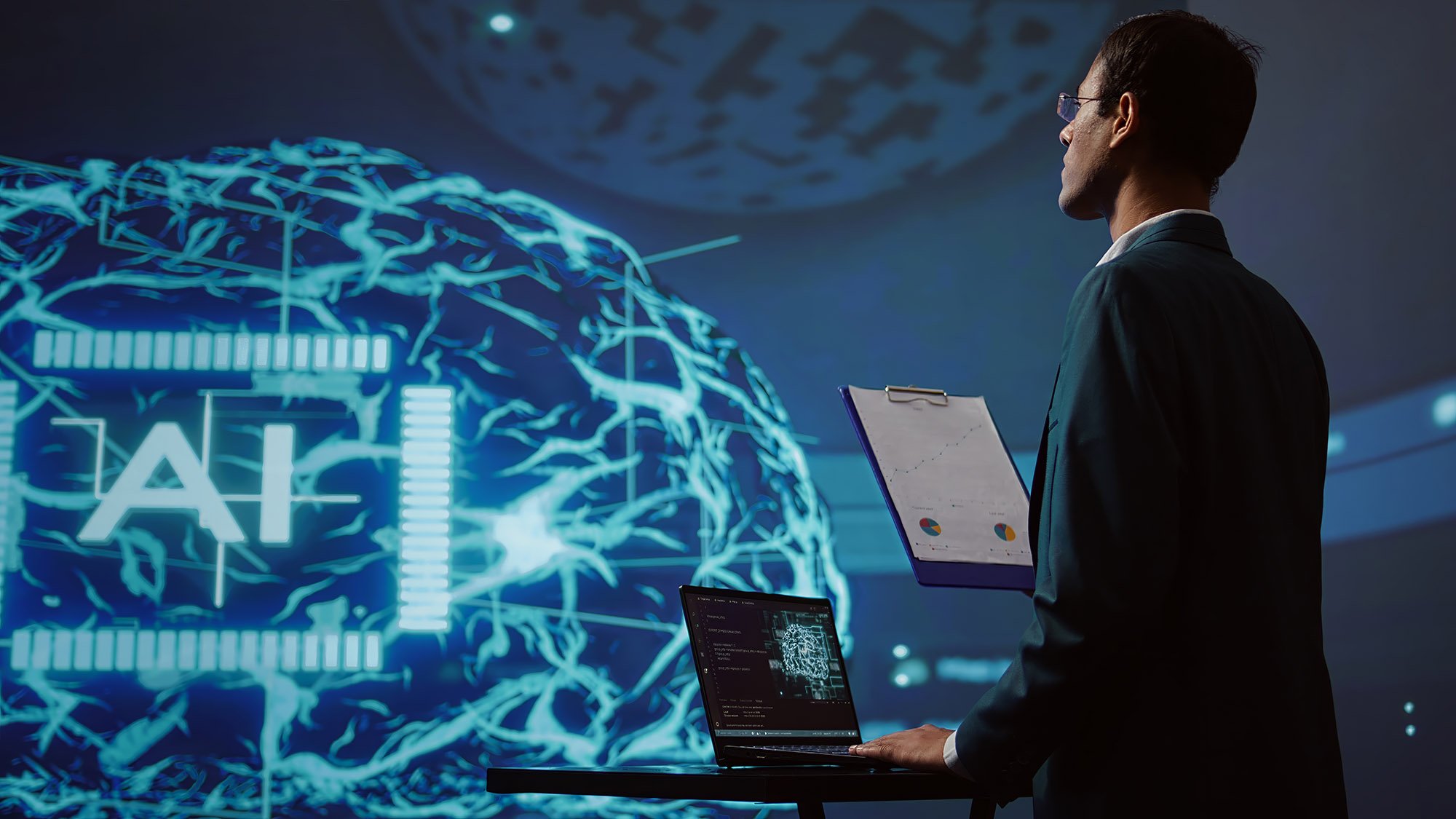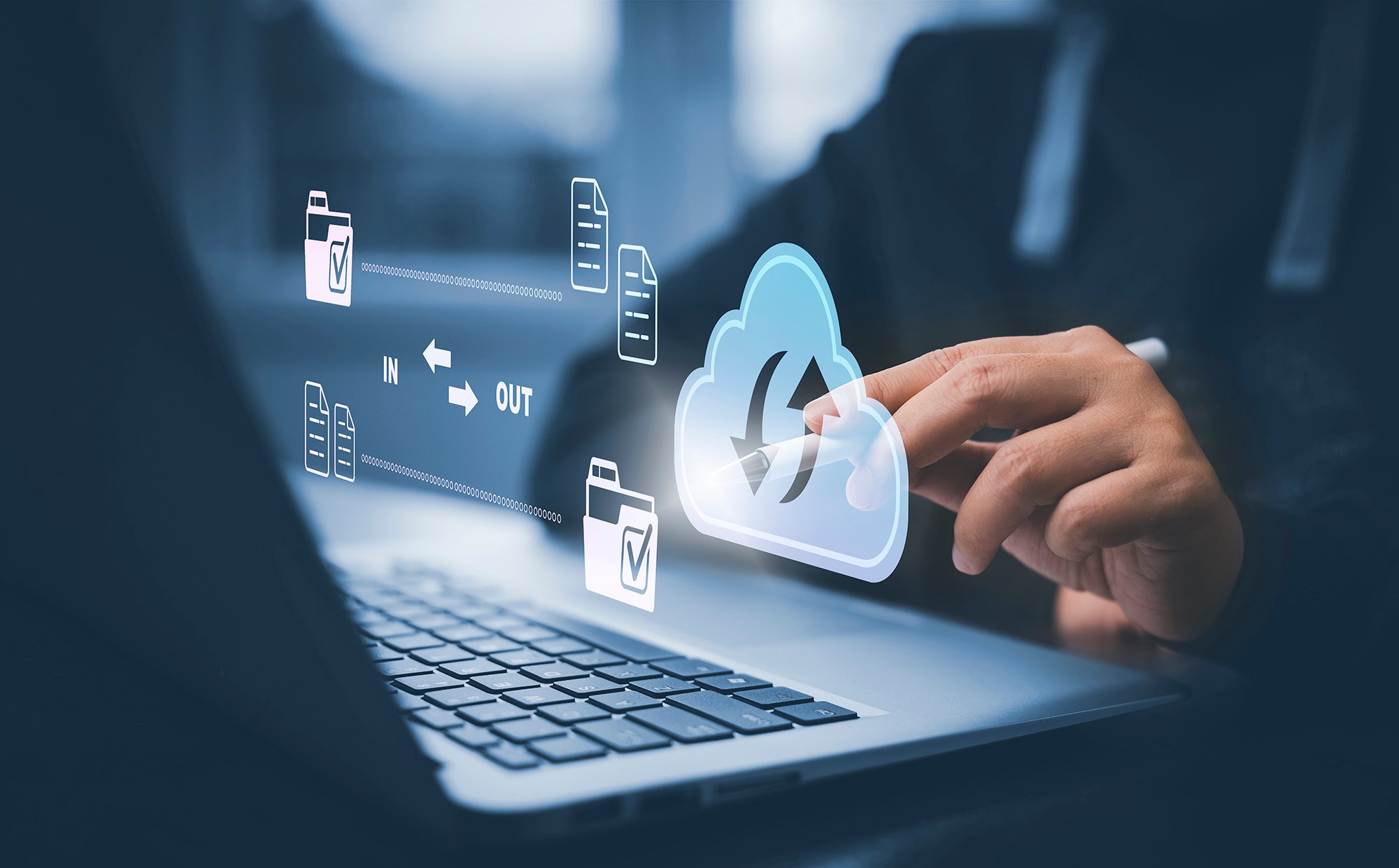Contents
How to Manage AI Responsibly in An Enterprise
Artificial intelligence is transforming how enterprises work. From automating tasks to powering new business models, AI promises speed and scale. But for regulated industries and global enterprises, the promise comes with risk. Hallucinations, compliance gaps, and a lack of explainability make it dangerous to trust AI blindly.
That’s why the conversation has shifted from AI adoption to responsible AI adoption. Responsible AI ensures that systems are accurate, transparent, and ethically aligned with business goals. This practical guide explores why responsible AI matters, what enterprises need, and how solutions like Starmind provide a human intelligence layer that grounds AI in trusted, verifiable knowledge.
The Risk of Ungrounded AI
Generative AI tools trained on public data are powerful, but they also have well-documented flaws:
- Hallucinations: Confidently generating false or misleading content.
- Bias: Reinforcing harmful or non-compliant assumptions.
- Unverified content: Producing insights that can’t be traced back to a reliable source.
In consumer applications, these risks might be inconvenient. In enterprise contexts—like financial services, healthcare, or supply chain management—they can be catastrophic. A single inaccurate AI recommendation can lead to regulatory violations, reputational damage, or financial loss.
As Gartner notes, responsible AI is essential because by 2027, over 40% of enterprises will experience an AI-related failure or incident. Without proper oversight, scaling AI can quickly turn from a competitive advantage into a liability.
What Enterprises Need from Responsible AI
To deploy AI responsibly, enterprise leaders must go beyond generic tools and demand solutions designed for scale, governance, and trust. At a minimum, responsible AI requires:
- Grounding in human expertise
AI must be able to connect to verified internal knowledge, not just internet data, so it reflects the reality of the enterprise. - Explainability and traceability
Users need to see why an AI gave an answer and where the information came from. The EU AI Act emphasizes these principles as part of future compliance standards. - Seamless integration
Responsible AI should fit into existing workflows and tech stacks, not require parallel systems or manual upkeep. - Compliance and security by design
Especially for regulated industries, solutions must be built on secure, enterprise-grade infrastructure with governance controls.
How Starmind Enables Responsible AI
Starmind doesn’t just make AI smarter; it makes it responsible. By grounding AI outputs with human expertise, Starmind ensures that enterprise-level AI is accurate, explainable, and aligned with compliance standards. Each Starmind product plays a distinct role in embedding human oversight and trusted context into your AI stack:
Knowledge Engine – The Foundation of Trust
- Continuously maps who knows what across your organization, based on real work signals (not job titles or outdated profiles).
- Provides a living expertise graph that serves as the trusted data layer for AI systems.
Ensures that AI models operate on verified, contextualized expertise. Not assumptions or public data.
Responsible AI benefit: Guarantees accuracy and transparency by grounding every AI interaction in a defensible, up-to-date map of real expertise. Learn more here.
Expert Finder – Human Oversight in the Flow of Work
- Instantly connects employees to the right expert inside Teams, Slack, or enterprise search.
- Embeds human intelligence directly into decision-making without disrupting workflows.
- Ensures escalation to people when AI confidence is low or when judgment is critical.
Responsible AI benefit: Adds human oversight to automated flows, reducing blind trust in AI and ensuring employees always have access to verifiable answers. Learn more here.
Knowledge Suite – Institutional Memory and Peer Validation
- Captures Q&A and insights in a structured, reusable way.
- Surfaces similar questions to reduce redundancy and has validity limits to prevent outdated knowledge reuse.
- Builds a peer-reviewed, continuously enriched repository that keeps knowledge transparent and traceable.
Responsible AI benefit: Provides explainability and auditability by making answers source-cited, peer-validated, and always current. Learn more here.
StarGPT – Safe, Grounded Generative AI
- Uses Retrieval-Augmented Generation (RAG) to pull only from trusted internal content in the Knowledge Suite and uploaded documents.
- Cites every source and enables direct escalation to experts when needed.
- Runs securely on enterprise-grade infrastructure (Azure OpenAI), with no public data leakage.
Responsible AI benefit: Eliminates hallucinations and compliance risk by grounding GenAI in verified, enterprise knowledge and enforcing traceability. Learn more here.
The result: AI becomes a responsible partner in decision-making, not a black box.
Real-World Applications
Several global enterprises already rely on Starmind to enable responsible AI at scale:
- PepsiCo: Accelerated innovation cycles by giving employees real-time access to internal subject matter experts. By grounding AI in verified insights, they improved speed-to-market while protecting accuracy.
- Swiss Re: Reduced support tickets and increased internal knowledge reuse through peer-to-peer validated responses. This created a self-reinforcing cycle of trusted knowledge feeding both people and AI systems.
These cases show that responsible AI isn’t just a governance checkbox; it directly impacts efficiency, reliability, and employee trust.
Recommendations for Enterprises Building Responsible AI Programs
If you’re a CIO, CDO, or AI governance lead building a framework for responsible AI, keep these best practices in mind:
- Anchor AI in human expertise
Don’t rely solely on external training data. Combine GenAI with verified knowledge from your own experts. - Make traceability a non-negotiable
Ensure every AI-generated answer can be tied back to a source or escalated to an internal expert. Harvard Business Review highlights traceability as a cornerstone of ethical AI adoption. - Avoid “knowledge silos” in onboarding AI
If AI tools don’t integrate into daily workflows, adoption will stall, and shadow IT risks increase. - Prioritize compliance-ready infrastructure
Choose platforms built on secure foundations (e.g., Azure OpenAI) with governance and audit trails. McKinsey reports that governance and compliance are the top barriers to enterprise AI adoption.
AI Without Human Context Is Incomplete
AI will only succeed at the enterprise level if it’s deployed responsibly. That means combining the scale of generative AI with the trust, accuracy, and nuance of human expertise.
Starmind enables responsible AI by grounding GenAI in expert-validated knowledge, ensuring traceability, and embedding ethical AI practices into existing workflows.
Responsible AI FAQs
Q: What is responsible AI in an enterprise context?
A: Responsible AI means deploying AI systems that are accurate, explainable, compliant, and grounded in enterprise knowledge.
Q: Why can’t we rely on public AI models?
A: Public LLMs lack enterprise context, often hallucinate, and provide unverifiable answers, not suitable for regulated or high-stakes environments.
Q: How does Starmind ensure responsible AI?
A: By mapping expertise internally, validating knowledge through peer review, and providing source traceability for every AI-assisted response.



